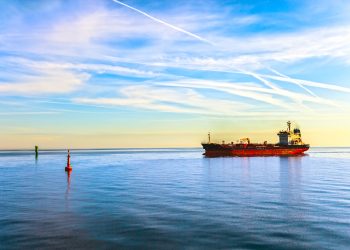The U.S. Environmental Protection Agency (EPA) has approved most of California Air Resources Board’s (CARB) waiver request for the Commercial Harbor Craft Rule, clearing the way for stricter zero-emission requirements for harbor vessels such as ferries, tugboats, and workboats.
This regulation, designed to reduce toxic diesel emissions and nitrogen oxides, is a significant step forward in improving air quality for millions of Californians, especially those living near ports. The rule is expected to save 530 lives and protect 9.7 million people from elevated pollution levels, particularly in frontline Black and Brown communities that have disproportionately borne the brunt of port-related emissions.
The updated regulation, approved by CARB in March 2022, mandates a phased transition of commercial harbor craft to zero-emission technology. It prioritizes reducing cancer-causing diesel pollution from harbor crafts, which are among the top contributors to harmful emissions at major ports like Oakland, Long Beach, and Los Angeles. These emissions contribute to significant health disparities, such as higher asthma hospitalization rates for Black and Latinx residents in Long Beach compared to white residents living further from the ports.
Advocates, including Pacific Environment and Earthjustice, highlighted the urgency of addressing diesel emissions, which harm both human health and the environment. According to CARB, harbor crafts are one of the largest sources of cancer risk in port communities, where life expectancy is up to eight years lower than regional averages due to pollution.
The regulation aligns with California’s broader goals to phase out fossil fuels in shipping and transition to zero-emissions vessels by 2040, setting a precedent for other states with major ports.































































